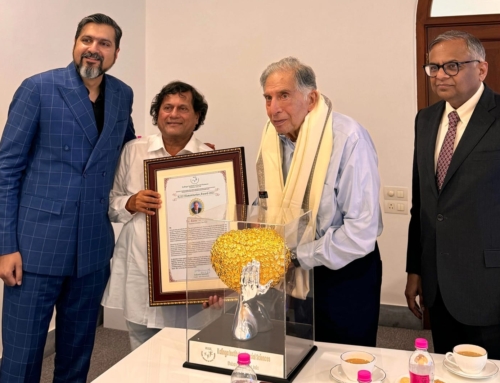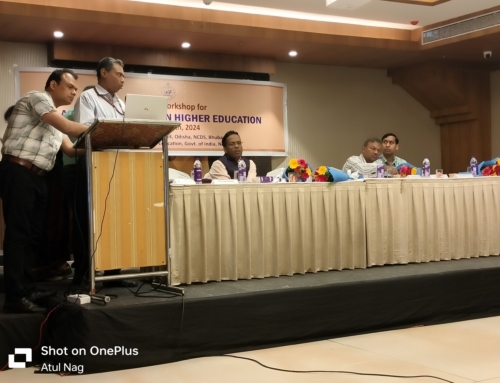The humanitarian crisis that has followed lockdown implemented by the government on March 25 to slow the spread of the coronavirus pandemic is gut-wrenching. Deprived of their daily-wage jobs and without access to food in the cities in which they lived, lakhs of migrant workers are making long, perilous journeys on foot to their villages. Many have died en route. The mass exodus of migrants from our cities has raised concerns over an impending economic crisis: What will happen to industries that are dependent on them for labour? While this articulation can be leveraged to bring attention to the plight of migrant workers, who have thus far been rendered invisible in our cities, such an economic focus could eclipse the needs of vulnerable groups who are not ‘economically productive’. Children of migrant families are one such vulnerable group. So far, there has been a limited assessment or understanding of the implications that the COVID-19 lockdown has had on them.
Major learning from the talk:
- COVID-19 could be devastating for migrant children of India.
- The pandemic’s impacts pose risks to migrant children’s mental and physical health.
- Here are 6 ways the government should act to protect vulnerable migrant children.
The COVID-19 pandemic is an extraordinary emergency, which requires extraordinary measures to safeguard the interests of children. The following six immediate measures could take to protect the migrant children and families from the negative impact of this crisis.
- As thousands of families remain stranded in various parts of the country, any travel advisories issued henceforth must priorities families with children and ensure safe transport back home.
- Relief camps, labour colonies and transit camps at state borders, as well as quarantine facilities arranged at the block or panchayat level must arrange safe and child-friendly shelters that provide nutritious food, water and sanitation facilities for families.
- These spaces must respond to the psychosocial needs of children and adolescents, specifically those who are alone as they run the risk of abuse and exploitation.
- Under these circumstances, nutritional insecurity is likely to be the immediate risk in the villages for migrants and their families especially their children. Nutritional insecurity is known to cause negative health impacts in the short as well as long term. Every migrant person, regardless of their status, must receive immediate necessary medical attention following their arrival at the village. The Anganwadi centres in villages must extend their services to all households, even those who have not registered because they migrated. States must ensure the continuance of other health services such as immunization and maternal healthcare needs to all households.
- The millions of children who will be victims of the COVID-19 pandemic need immediate attention from states and communities before trapping in the mouth of child labor industries. The starting point should be the parents. First, coordinated policy efforts should be taken to provide employment and income support to all informal sector workers to stimulate the economy and labour demand. These measures will cushion enterprises and workers against immediate employment and income losses and reduce the probability of children being made to enter the workforce.
- As a direct measure, states should prioritise efforts to continue education for all children, using all available technology. School authorities need to ensure that every student will have free lunches at home until schools open. Special efforts should be taken to identify children orphaned due to COVID-19, and arrangements of shelter and foster care for them should be made on a priority basis.
These measures will no doubt respond to the emergency needs that COVID-19 has generated and also ease the life of children directly or indirectly to some extent. However, it is clear that more needs to be done to prevent children from lapsing into child labour.
Speaker: Mr. Umi Daniel is the Director-Migration and Education at Ade-et-Action South Asia and a well known person for his work with migrant labor. His work majorly focuses the rights and entitlement of unorganized migrant labors with special reference to education, nutrition and protection of migrant children.
Dr. Sushree Sangita Mohanty, Deputy Director cum Assistant Professor KISS Moderated and Coordinated the Webinar.




